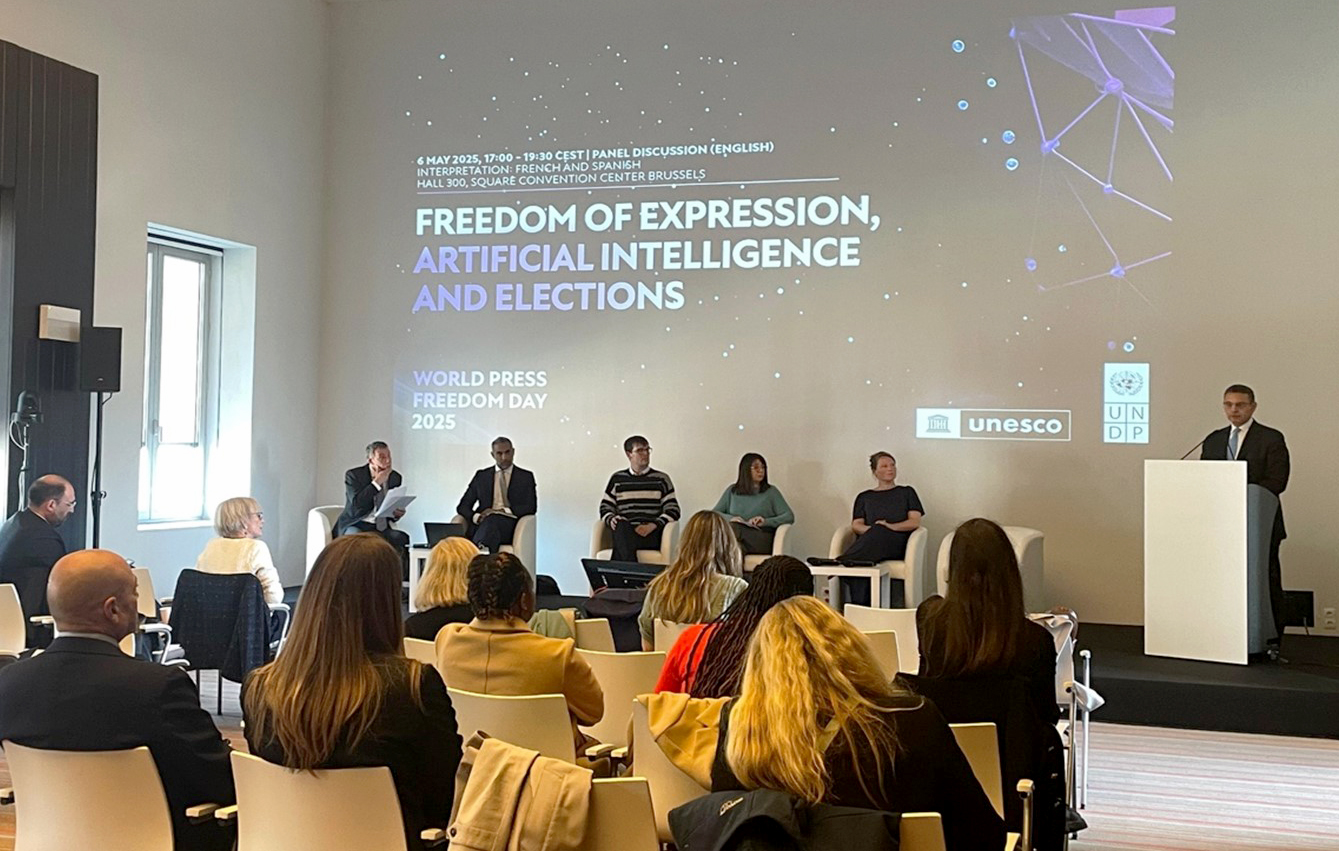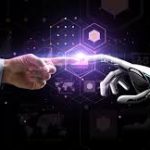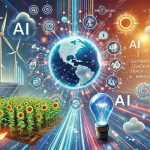Introduction
In 2025, artificial intelligence (AI) is no longer confined to laboratories, corporations, or entertainment studios—it has entered the heart of politics and governance. From shaping election campaigns to analyzing voter behavior, drafting policies, and even monitoring national security, AI is becoming an indispensable tool for governments worldwide.
At TechTalkDesk.com, we dive deep into how AI is reshaping global politics, its opportunities, its dangers, and the future it could define for democracies and authoritarian regimes alike.
AI in Election Campaigns
Political campaigns have always relied on data—polls, surveys, and focus groups—to shape messaging. In 2025, AI takes this to the next level. Algorithms analyze billions of data points from social media, online searches, and voter records to identify trends and predict voter behavior with remarkable accuracy.
Candidates now use AI tools to craft tailored messages for specific demographics. For instance, a middle-class suburban voter may receive campaign ads focused on tax relief, while a young urban voter might see content highlighting climate action or affordable housing. This micro-targeting has made campaigns more efficient but also sparked concerns about manipulation and privacy.
AI and Policy-Making
Governments are increasingly using AI to draft and evaluate policies. By analyzing economic data, social patterns, and historical outcomes, AI can predict the potential effects of new laws before they are implemented. For example, AI models can estimate how a new healthcare policy would impact public spending or predict unemployment rates under different taxation systems.
This allows policymakers to make more informed decisions, but critics argue that overreliance on AI could undermine human judgment and accountability.
AI in National Security
National security agencies have embraced AI to monitor cyber threats, terrorism, and even potential geopolitical conflicts. AI algorithms analyze satellite imagery, communication networks, and financial transactions to detect unusual patterns that may indicate threats.
In 2025, AI-powered drones and autonomous defense systems are also part of military strategies, raising ethical concerns about the role of machines in warfare. TechTalkDesk.com highlights that while these technologies enhance defense capabilities, they also risk escalation and unintended consequences if not carefully regulated.
Global Examples of AI in Politics
-
United States: AI-driven campaign tools are widely used in the 2024 and 2025 election cycles. From debate preparation bots to voter sentiment analysis, campaigns have been transformed.
-
China: The government leverages AI for surveillance, censorship, and predictive policing, raising concerns about authoritarian overreach.
-
European Union: EU nations are pioneering ethical AI policies, ensuring transparency in how governments use AI to avoid abuses.
-
India: AI is helping with digital governance, from smart city management to improving rural service delivery.
These examples demonstrate how AI can be used differently depending on a nation’s political system.
Risks of AI in Politics
The rise of AI in politics isn’t without dangers. Key risks include:
-
Misinformation: Deepfake videos and AI-generated propaganda can manipulate voters.
-
Bias and Inequality: If AI systems are trained on biased data, they may perpetuate social inequalities in policymaking.
-
Loss of Trust: Excessive reliance on AI could erode public confidence in democratic institutions.
-
Cybersecurity Threats: Hackers can exploit AI-driven systems to disrupt elections or government functions.
AI and Citizen Engagement
On the positive side, AI is also helping strengthen citizen engagement. Chatbots powered by natural language processing allow citizens to interact with government services more efficiently. AI-driven platforms provide real-time updates on legislation, giving voters more transparency.
In some countries, AI is even used to translate parliamentary debates into multiple languages instantly, ensuring inclusivity in diverse societies.
Ethical and Legal Challenges
The integration of AI into politics raises tough ethical and legal questions. Should there be limits on how much AI can influence elections? Who is responsible if an AI system misguides policy decisions? How do we ensure that AI respects human rights in governance?
TechTalkDesk.com notes that these challenges highlight the urgent need for global regulations that balance innovation with accountability.
The Future of AI in Governance
Looking ahead, AI’s role in politics will only expand. Experts predict that by 2030, AI could be drafting international treaties, running predictive simulations of global crises, and even serving as advisors to world leaders. However, the key question remains: will AI strengthen democracy—or undermine it?
FAQs
How is AI being used in elections?
AI analyzes voter behavior, tailors campaign ads, and predicts election outcomes with high accuracy.
Can AI create political policies?
Yes, governments use AI to draft and evaluate policies by simulating their social and economic impacts.
What are the dangers of AI in politics?
Risks include misinformation through deepfakes, biased policymaking, cybersecurity threats, and erosion of trust in democratic systems.
Is AI used in authoritarian regimes differently than in democracies?
Yes. Democracies use AI for engagement and efficiency, while authoritarian regimes often deploy AI for surveillance and control.
Will AI replace human politicians?
No. AI is a tool to assist decision-making, but accountability and leadership must remain human responsibilities.
Conclusion
In 2025, AI is reshaping politics and governance across the globe. From running election campaigns to drafting policies and enhancing national security, AI’s influence is undeniable. While it offers opportunities for smarter governance and better citizen engagement, it also poses serious risks of manipulation, bias, and abuse.
At TechTalkDesk.com, we believe the future of AI in politics will depend on how governments regulate and balance its use. If managed responsibly, AI can strengthen democracy, improve policy outcomes, and protect citizens. If misused, however, it could undermine trust in institutions and threaten freedoms.
The coming years will determine whether AI becomes a true partner in governance—or a force that reshapes power in ways we cannot yet predict.








